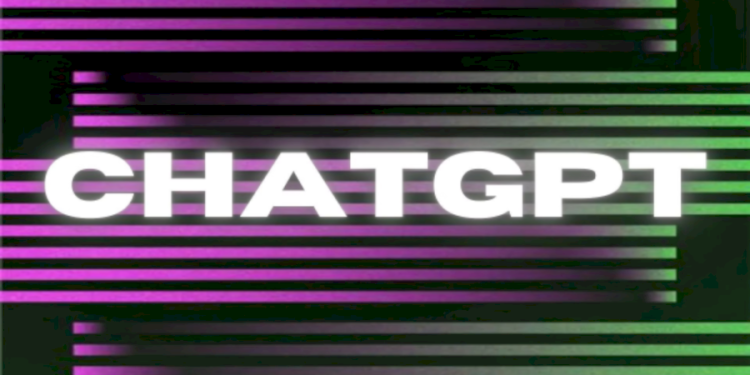With an eye on corporate use, generative content startup Jasper has developed a chatbot version of their generative AI engine. The new Jasper Chat is designed primarily for use cases in business, marketing, and finance and responds to direct requests to do tasks. It is anticipated to capitalise on the recent spike in interest in OpenAI’s ChatGPT chatbot.
JASMINE CHAT
Jasper Chat streamlines information production by converting programming into a dialogue using natural language, simulating human contact with an assistant, similar to ChatGPT and other generative AI chatbots. Users can ask Jasper Chat to create text for them, then modify or suggest changes to the content until they are happy with it.
According to Jasper CEO Dave Rogenmoser, “generative AI is broadly available, but not easily accessible to fulfil mission-critical jobs.” “With Jasper Chat, we’ve taken advantage of language learning algorithms to enhance the user experience for business users. Although Jasper Chat is more of a new approach to interact with existing AI than a new technology in and of itself, it has the potential to further increase the adoption of generative AI.
Jasper made its debut with its own generative AI engine last year, drawing on a variety of model sources rather than only OpenAI’s GPT-3 and associated models. For organisations who require social media postings, website content, long-form articles, and other types of written material, the company looks to develop content based on a small number of suggestions. Jasper assists users with writing and editing text and graphics. Users of the Jasper Google Chrome extension can create content that is relevant to the open tabs they are now viewing. However, Jasper’s primary market is the commercial sector, and the company develops its AI specifically for that purpose with the capacity to customise it for various clients. Jasper Chat maintains this focus by allowing users to rate any result with an up or down vote, which helps Jasper better understand what its users are looking for. The business raised $125 million in October and states that it presently has over 100,000 enterprise users.









